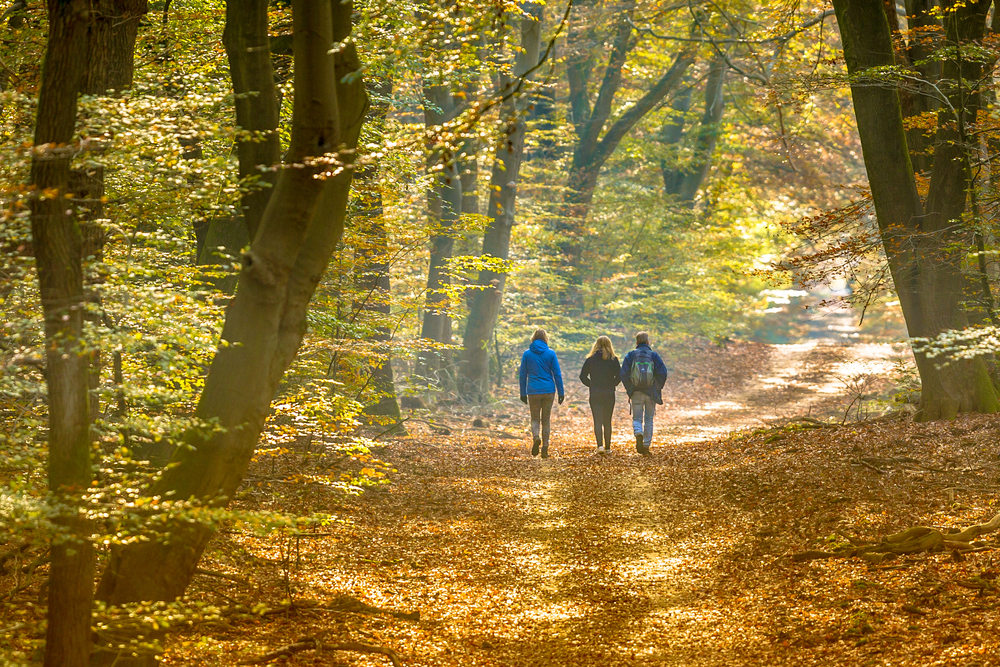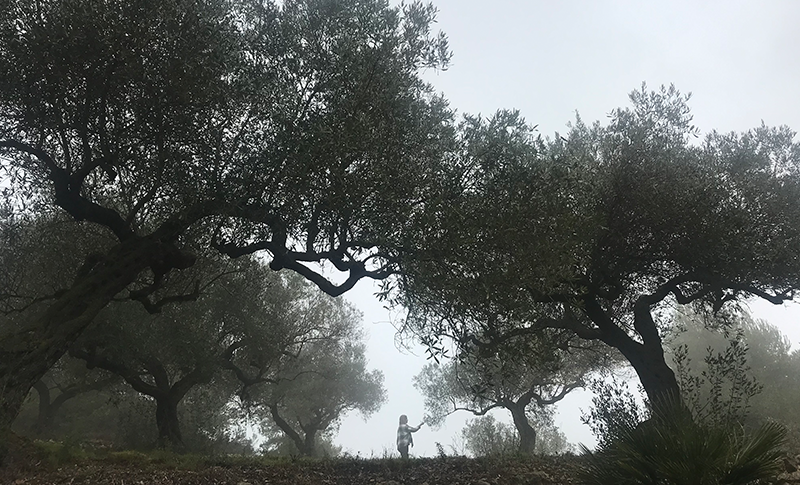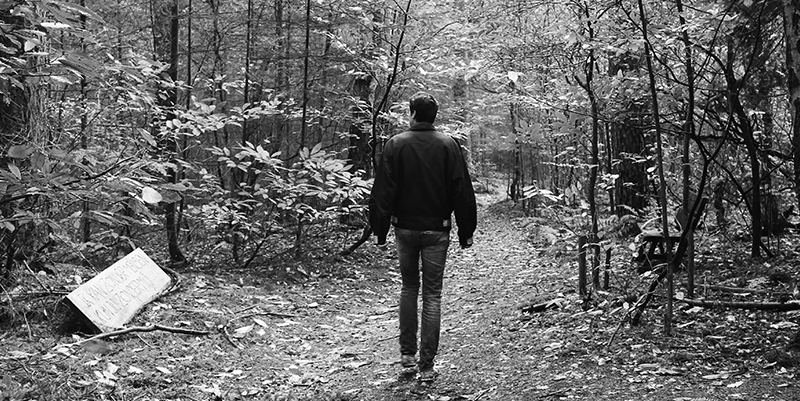Over 15 years, support for nature conservation has grown. A new long-term analysis shows that the Dutch considered nature policy more important in 2021 than in 2006.
Wageningen Environmental Research has measured support for nature conservation and related policies every approximately five years since 1996, says associate professor Arjen Buijs (Forest and Nature Conservation Policy). ‘Because the questionnaires from 2006, 2013, 2017 and 2021 are comparable, we can now draw conclusions about how public attitudes in the Netherlands have changed over that period of time.’
The survey shows that people consider nature conservation important and support policies that contribute to it, Buijs says. During the last survey, these aspects scored a three and a half and a four on a scale of five, respectively. ‘That support grew slowly but steadily, with a clear acceleration between 2017 and 2021. The latter is probably a positive consequence of the corona pandemic: people went into nature more and learned to appreciate it more.’
Behavior change
Yet nature policy is not given top priority. Buijs: ‘Despite the fact that respondents consider nature conservation policy important, in terms of priority it fails to compete with other political themes such as health care, migration, and employment.’
Together with colleagues, Buijs distinguished four groups: the so-called unconcerned, passive supporters, active supporters, and pillars. ‘The unconcerned – with a negative attitude toward nature conservation – are also generally the most critical of policy. They feel that strict nature policies get in the way of economic growth. At the other end of the spectrum, pillars consider nature conservation as part of their identity. It plays a role in choices they make about consumption, work and voting in elections.’ Particularly in the last four years, the number of unconcerned and passive supporters has declined, in favor of the number of supporters, Buijs noted.
More, not less
According to Buijs, this is the first national dataset in Europe in which support for conservation has been measured over a longer period with multiple measurement points. Another survey is already planned this year. ‘I am particularly curious about how the average Dutch person feels about nature conservation now. I find that difficult to predict. Among other things, the nitrogen crisis has left a big mark on the way we look at nature.’
Although this publication is not intended to convince politicians, action and lobby groups can use these results for that purpose. Buijs: ‘In debates, I regularly hear politicians say that our society believes that nature policy is already taking things too far. That people don’t want even more nature policy. This data shows something different. I conclude from this: the majority does not want less, but more.’

 Support for nature policy increased rapidly between 2017 and 2021 – likely a positive result of the corona pandemic in which people got out into nature more. Photo Shutterstock
Support for nature policy increased rapidly between 2017 and 2021 – likely a positive result of the corona pandemic in which people got out into nature more. Photo Shutterstock 
